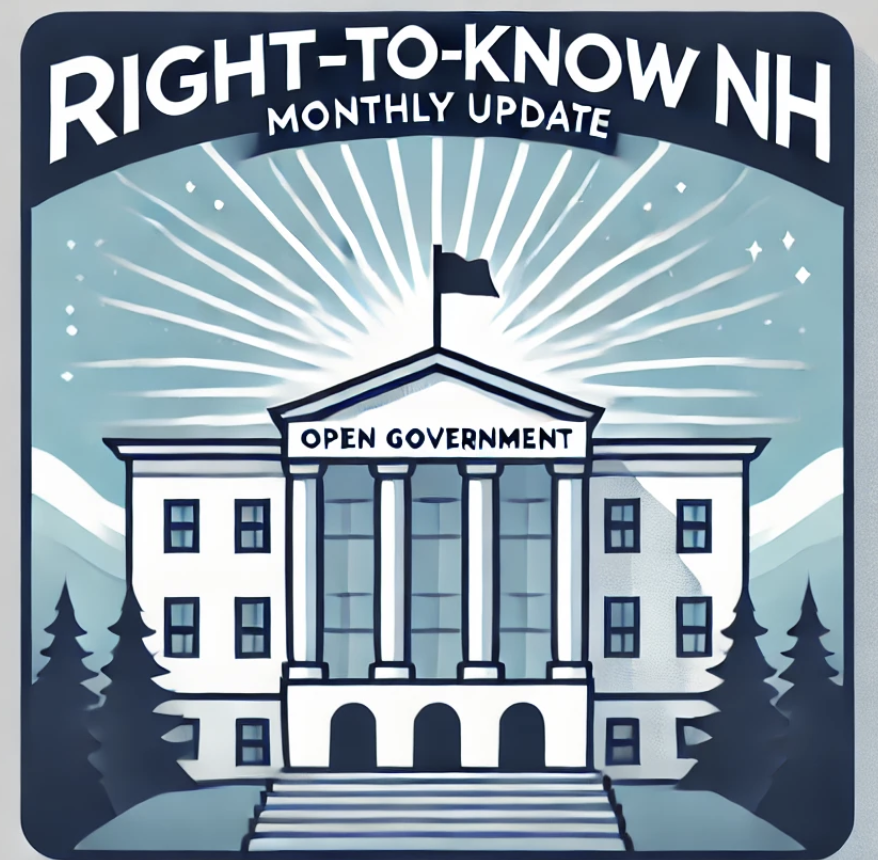Glad I went! First, what is a “manumission”?
Manumission is the act of a slave owner voluntarily freeing their slave (or slaves). It comes from the Latin words manus (“hand”) and mittere (“to release” or “let go from the hand”), literally meaning “release from ownership.”
Key points:
- It was a formal legal process in ancient Rome, the Americas, the Caribbean, and other slave-holding societies.
- Manumission could happen in several ways:
- By a written document or will (e.g., a slave owner freeing slaves in their testament).
- Through a public ceremony or declaration before officials.
- Sometimes by the slave purchasing their own freedom (self-purchase, often called “buying one’s manumission”).
- Freed slaves were called freedmen (or freedwomen) and were often granted limited citizenship rights (most famously in Rome, where they became part of the “liberti” class).
- In some societies (e.g., Brazil, Cuba, and the Islamic world), manumission was relatively common; in others (e.g., the United States), it was rare and often restricted by law in the decades before abolition.
In modern usage, the word is mostly historical and refers specifically to the legal freeing of enslaved people before general emancipation (such as the Emancipation Proclamation or the 13th Amendment in the U.S., or the Slavery Abolition Act of 1833 in the British Empire).
It’s great to hear what everyone is working on! My takeaway is how to encourage more people to visit the state more regularly. Basically, as I have been saying for years: Be the unofficial Tourism Board for liberty lovers.
I talked about my goal of HYPER-LOCALISM for next year, which for me will be focusing on my “backyard”: My home, The Quill, the West Side parks, my neighbors and neighborhood.
What’s coming up at The Quill? We are adding a podcast studio! And we will be adding daily programming and office hours with more volunteer opportunities as the plan develops. Stay tuned!















